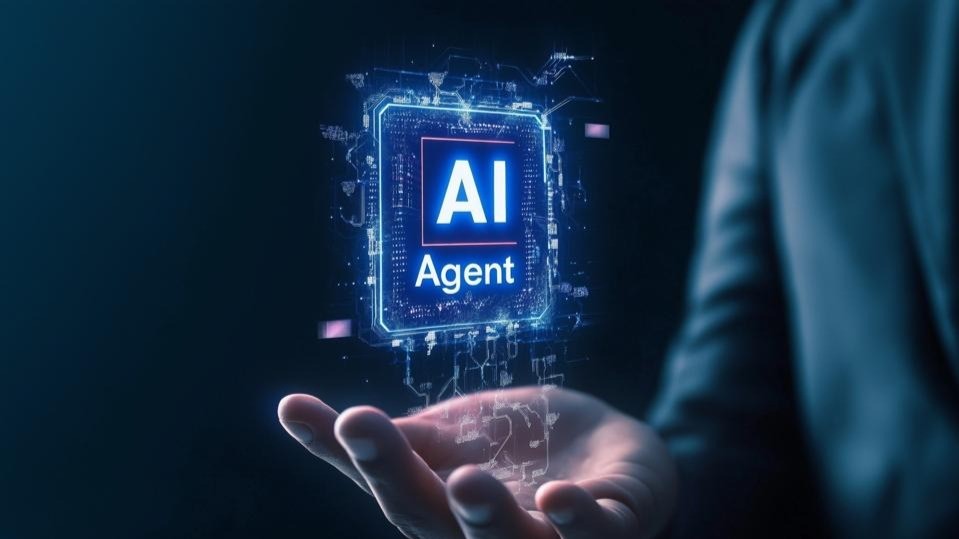AI's Impact on Business Strategy: The Future of Intelligent Enterprises
The Intelligent Enterprise: How AI Is Reshaping the Future of Business Strategy
Entering the Era of Intelligent Enterprises
Artificial intelligence (AI) has evolved from experimental labs to a central component in business strategy, processes, and culture. Intelligent enterprises integrate AI deeply, allowing for proactive, adaptive, and insight-driven operations. This integration includes continuous market monitoring, outcome prediction, and real-time optimization of internal functions. AI now represents a core aspect of business strategy rather than just a tool.
Historical Evolution: From Intuition to Intelligence
Business strategy has transitioned through three phases: intuition-led, data-driven, and now intelligence-led. The intelligence-led approach leverages AI to extract patterns from large datasets, forecast events accurately, and automate responses to market changes. Jessica Shee from iboysoft.com compares this shift to moving from navigating with stars to using GPS, highlighting the precision and adaptability of AI-driven strategies.
AI as the New Strategic Compass
AI allows businesses to act proactively rather than reactively. For example, JPMorgan Chase utilizes AI models for predicting credit risk and market volatility, while Amazon employs predictive analytics to anticipate consumer demand. This strategic pivot enables companies to shape market conditions rather than merely respond to them.
Strategic Workforce Planning with AI
AI transforms workforce strategies by analyzing extensive datasets to forecast future needs. Healthcare organizations, for instance, can utilize AI to assess dentist salary data for smarter hiring decisions. AI-driven insights align talent management with long-term strategic goals.
Replicating Institutional Wisdom
"AI can mine years of company data and provide proven language from past cases, effectively cloning the wisdom of top people." – Sabine Ghali, Managing Director at Buttonwood Property Management. AI enables organizations to capture and replicate expertise, ensuring continuity and reducing reliance on individual mentorship.
Scaling Expertise Across Teams
"We stopped trying to document knowledge and instead trained AI to think like our top strategist, multiplying her impact." – Leury Pichardo, Director of Marketing at Digital Ceuticals. By analyzing the work of top performers, AI helps distribute strategic thinking across teams, allowing experts to focus on high-value problems while supporting broader team capabilities.

AI Agents - The Next Generation of Business AI
AI agents represent a significant advancement beyond traditional AI applications. They not only analyze data but also take action autonomously. In marketing, for instance, agentic AI can manage campaign delivery and optimize strategies without human intervention. This evolution allows for the creation of entirely new business models that were previously unattainable.
Transforming Businesses with AI Agents
AI agents redefine operational efficiency by automating tasks such as scheduling, reporting, and data entry. They facilitate innovation by enabling organizations to explore new opportunities and enhance service delivery. Industries like financial services and healthcare can leverage these agents to proactively manage investments and patient care, respectively.
Moving Towards Truly Autonomous Organizations
Agentic AI enables organizations to automate processes fully, from identifying goals to executing actions without human approval. While this presents risks, the ability to implement and manage these systems effectively will become a critical skill for future business leaders.
Ethical AI: Building a Responsible Future
The integration of AI into enterprise functions raises ethical considerations. Nick Borges, COO at Heartwood Recovery, emphasizes the importance of responsible AI frameworks to ensure fairness and accountability. Companies must design systems with bias detection and user consent mechanisms to align technological advances with human values.
Financial Clarity: AI for Smarter Planning
AI tools provide deeper insights into financial data, enhancing predictions and strategy development. As Beth Rivera, CEO of Best Financial Planners, states, AI can help offer clients tailored financial strategies through enhanced data analysis.
User Experience at Scale: AI and Customer-Centric Design
AI is pivotal in refining customer journeys, creating seamless digital experiences. "At Userbird, we believe user feedback drives innovation," says Chris Muktar, Founder & CEO of Userbird. By leveraging AI, businesses can analyze feedback to design experiences that resonate with their customers.
AI Is Leveling Opportunities for Small Businesses
AI tools are democratizing access to insights, enabling small and midsize businesses to compete effectively. Forrest Webber from Tradesmen Agency highlights that AI provides these businesses with a strategic edge that was previously reserved for larger corporations.
Trust is Earned by Using AI Responsibly
Customers value AI that enhances their experience rather than exploits it. Hamzah Khadim, CEO of Patient Logik, notes that responsible AI creates intuitive and supportive experiences, fostering loyalty.
Intelligent Leadership Focuses on Vision, Not Micromanagement
AI empowers leaders to concentrate on strategic objectives rather than day-to-day details. Magnus Larsen of Forbrukerguiden states that AI clarity allows leaders to focus on purpose and direction, improving organizational culture and innovation.





